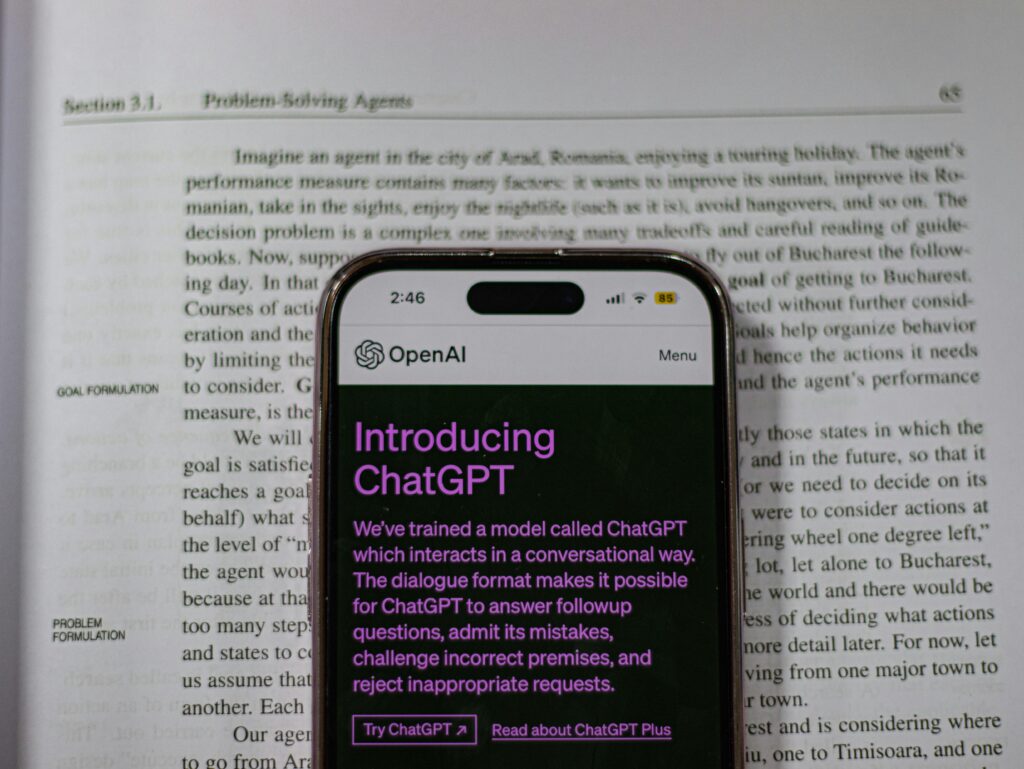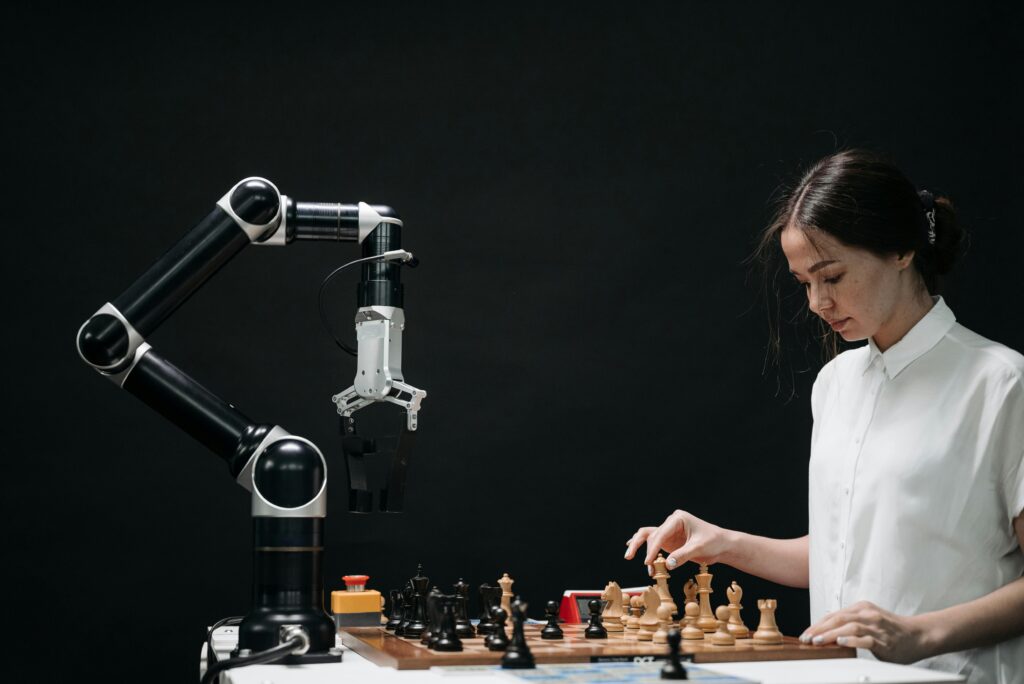Introduction
Artificial intelligence has emerged to be a game-changer across industries. However, when it comes to education, what does this mean? It’s much more than just apps and automated tools. It changes the nature of how learning happens for students of how educators teach and the very institutions that conduct learning. The introduction of AI in learning systems thus brings with them many opportunities and challenges. But to understand both is essential in making the best out of this advanced technology.
Hence, what makes you care about AI in education? Because it’s the future, but also so much already. Benefits of AI in Learning Better
Personalized Learning Experiences
Think of a tutor who knows exactly what you need help with and adjusts in real time. That is what AI-driven platforms, like adaptive learning systems, can do. These programs analyze a learner’s strengths and weaknesses and tailor content and pace based on those needs. For instance, if a student has difficulty with fractions, the AI tool will provide additional exercises until that concept is mastered.
Improved Accessibility for All Learners
AI helps fill the gaps of people with disabilities. For example, text-to-speech, speech-to-text, and real-time translation devices help make education more inclusive. For example, AI devices convert text into audio so students who are visually impaired can study.
Simplification of Administrative Tasks
From grading papers to scheduling lessons, AI can take over mundane administrative tasks freeing educators to focus on teaching. Imagine automated grading systems that can handle multiple-choice or even essay assessments with speed and accuracy.
Important Areas Where AI is Used in Learning

AI-Based Learning Platforms
AI is used by Duolingo and Coursera to track the learners and provide them with content recommendations. They interact more personally with the learners and create a more dynamic learning environment.
Intelligent Content Development
AI can be used to develop customized learning resources, like digital textbooks with interactive contents, quizzes, and summaries. AI is used by Content Technologies Inc. in developing its products that are well aligned with curricula.
Virtual Tutors and Assistants
Virtual tutors such as chatbots are available 24/7 to answer questions and steer a student through their learning process. They supplement the human instructors since they offer timely support.
Constraints to the integration of AI in learning

Lack of money and resources
Generally, tools for AI are very highly priced. This makes AI tools inaccessible to underfunded schools and other institutions of learning. Cost tends to be high for both the software and hardware but also for training.
Privacy and insecurity of data
AI is data-intensive and raises a host of questions about student information storage and use. Schools and platforms need to be assured of proper data protection so that breach occurrences do not take place.
Over-Reliance on AI
There should be a balance so that the teaching importance of the human element doesn’t diminish, and over-reliance on AI tools doesn’t make students lack the critical thinking ability.
AI Tools Changing Face of Education
Adaptive Learning Systems
Systems like DreamBox have the ability to adapt to a learner’s response in real time so that the difficulty does not become too easy nor too tough for the learner and maintains levels of engagement quite high.
Language Learning Apps
Apps like Rosetta Stone and Babbel employ AI to perfect pronunciation, track user progress, and tailor lessons for the users.
Automated Grading Software
Platforms like Gradescope make grading easy by saving educators hours and also ensuring consistent evaluation standards.
AI in Corporate and Professional Training
Tailored Employee Training Programs
AI helps organizations create customized learning plans for the employees. For example, an AI-based platform can assess the gaps in skills and suggest the appropriate learning pathways.
Real-Time Performance Monitoring
AI can track the performance of employees while training and hence provide instant feedback on the results of the training.
Future Trends in AI and Learning

AI-Based Immersive Learning Using AR/VR
The learning space thus comes into effect when AI is immersed with augmented and virtual reality. Imagine a history class whereby history students experience ancient Rome on a virtual tour while listening to AI as it narrates the events of history.
Predictive Analytics for Success in Students
AI identifies trends and predicts the result for the student. A teacher will be able to catch his attention ahead before this gets too bad.
Steps to Integration of AI in Learning Process.
Assess Institutional Readiness
Schools and other organizations should assess their readiness and infrastructure before adopting the change brought about by AI.
Selection of Right AI Tools
The AI tools chosen for use in education must help achieve educational purposes and are easy to work with by the teachers and learners.
Preparing the Educators to Use AI
Educators should be trained to exploit the capacities of AI. Then one would be able to use the appropriate tools without flooding them.
AI is altering education in ways we could never have imagined a decade ago. AI offers personalization, greater accessibility, and streamlines teaching processes. However, challenges accompany the advent of AI. This is what we really need: the best balance between technology and old ways of teaching. As we bring AI into our educational life, still, the primary aim has to be enrichment and inclusion for everybody in the process.
FAQs
What is the role of AI in education?
AI helps to personalize, access, and deliver more efficiently to students and teachers.
How does AI improve personalized learning?
AI customizes the content and methods of teaching to fit individual students’ needs to better personalize learning.
Are there risks in using AI for learning?
Yes, risks include privacy issues, overdependence, and high costs that should be handled with caution.
What are the most influential applications of AI to school?
Adaptive learning systems, language learning apps, and the self-grading system are so useful in this regard.
In which ways will AI transform education tomorrow?
AI will make the learning process immersive, predictable, and easy so that the traditional model of education changes.
Read More Artical AptSteep.Com

